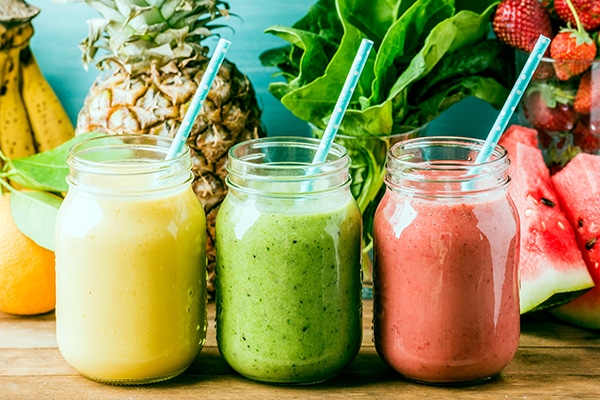
Earlier in the year the British Dietetic Association and the charity Friends of the Elderly looked at highlighting the importance of good nutrition and hydration in older age, and have nicely come up with their top 5 tips. These include Eat enough, Keep hydrated, Take vitamin D and Get enough calcium and B vitamins.
Concise and simple ways of communicating are great because we typically remember information in short bites, excuse the food pun!
Below we look at the tips in a bit more detail.
Eat enough (to avoid risk of malnutrition)
Try to eat 3 small meals and 3 small snacks which include protein (like fish, eggs, meat, tofu, soya), carbohydrate for example from potatoes, bread, rice, and plenty of fruit and vegetables. Remember individuals differ so this pattern may not suit everybody but getting enough of a variety of foods is a good way to ensure we have the nutrients we need.
Keep hydrated (to avoid risk of dehydration)
Aim for 6-8 glasses of fluids (around 1.5 litres). This includes milky drinks, hot drinks (like tea and coffee), fruit juice and water. It does not include alcohol.
Take Vitamin D (to help your body absorb calcium for healthy bones and teeth)
The Department of Health advice for service users in care homes is to take a daily supplement containing 10 micrograms (mcg) of vitamin D throughout the year. Foods that provide vitamin D include oily fish like canned or fresh salmon and sardines. Eggs are also a source of vitamin D and fortified foods like some breakfast cereals and skimmed milk powder. Oily fish are an especially rich source. For example, half a can of red salmon (105g) will provide around 16 mcg canned salmon and a grilled portion of mackerel 12 mcg, allowing the consumer to easily meet his/her vitamin D requirement for the day.
Make sure you are getting enough calcium (to support bone mass)
An adult’s (over 18 years of age) calcium requirement is 700 milligram (mg) per day, whether we are male or female, in our 40s or in our 80s. Good sources of calcium include milk and dairy products like cheese and yogurt. For example, 125ml whole milk, about the amount we would add to breakfast cereal, provides 150mg calcium, two tablespoons (80g) whole plain yogurt provides 160mg, a matchbox-sized piece (30g) of hard cheese 222mg, a portion of custard made with milk 168mg. If milk is not consumed a calcium-fortified dairy-free milk alternative like soya can be included. Other sources of calcium include canned oily fish where we eat the soft bones like sardines.
Ensure you get your B vitamins (e.g. folate, vitamin B12)
The B vitamins have a range of important functions in the body including contributing to healthy blood cells and helping normal psychological, immune and nerve function. Good sources of B vitamins include milk and dairy products, meat, fish, eggs (vitamin B12) and green leafy vegetables, whole grains, nuts and fortified breakfast cereals (folate).
So try and remember these famous 5 and you will be going some way to boosting good nutrition and hydration.






